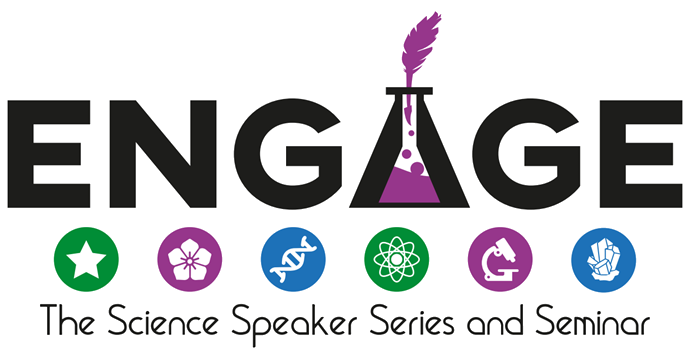Time to Find Our Footing (Archive)
Originally posted February 7, 2018.
Warren Anderson studies methods of modifying the DNA of human white blood cells. By studying small changes to certain genes, he hopes to better understand why some people’s genetics make them more likely to get autoimmune diseases, like Type 1 Diabetes.
Near the end of my Senior year in high school, my Physics teacher, Mr. Duncan (a man whom I believe could have been Bill Nye’s dad), gave me a bit of life advice, “If you don’t know where you stand, one day you might be surprised where your feet are!” In other words, soon I would be navigating the world on my own, and if I don’t form an opinion on things like sex and drugs now, I risk letting peer pressure or naiveté shape my life rather than my moral compass. I found this far more effective than the standard “Don’t Do Drugs” speech that I constantly received, because he didn’t tell me what to do, just asked me to think critically before such consequential choices were presented to me. A similar point of self-reflection is currently before all humans regarding the future of medicine and society. I am talking about gene editing.
We have reached a point in scientific discovery where the idea of altering a person’s DNA is no longer Science Fiction, but reality. Several gene therapies have been approved for use on human patients in recent years; one treatment released only months ago cures a genetic form of blindness for example. Furthermore, recent advances in gene altering proteins now allow researchers to manipulate human DNA in ways that were unimaginable only years ago. Clinical trials in China and the United States are using these new gene-altering technologies to combat diseases such as cancer and HIV in human patients by altering their DNA to stop the production of proteins that these diseases need to grow and spread. Even more exciting are therapies in development for treating many different genetic diseases, such as Sickle Cell Anemia, which may make these once deadly conditions completely far more bearable within the coming decade.
Doubtless, current gene editing therapies have been made for moral purposes; healing the sick. But gene editing technologies are still a tool which is only as moral as the operator using it, and the time has come for us to decide where moral boundaries are. Global surveys have shown that most people have no problems with using gene therapies to save the lives of consenting adults, but when such therapies are not life saving, but cosmetic, or intended to be used on the unborn, opinions are less uniform. These days it is easy to imagine private companies that would love to develop gene editing treatments to “treat symptoms” such as baldness, unattractiveness, or average intelligence.
For the moment, gene editing technology, and our understanding of genetics is too poor to make things like designer babies possible, but gene editing is currently putting ethical questions before us that the public is scarcely aware of. In the past five years several research groups have reported generating human embryos in their lab for the purpose of testing gene-editing techniques then disposed before reaching maturity; this is a moral boundary that had not been crossed before. Also, these questions reach far beyond medicine as well, with gene edited mosquitos recently released in Africa to fight malaria, and numerous genetically modified crops created through gene editing techniques promise increased crop yields and more stable harvests. In a world bracing for the effects of climate change these technologies could save millions of people from disease and famine, but also bring unforeseen health and ecological consequences. Now that science has done the work of pushing the boundaries of what is possible the work falls on the public to understand these new possibilities and help establish moral boundaries for these possibilities. We need to decide where we stand.

